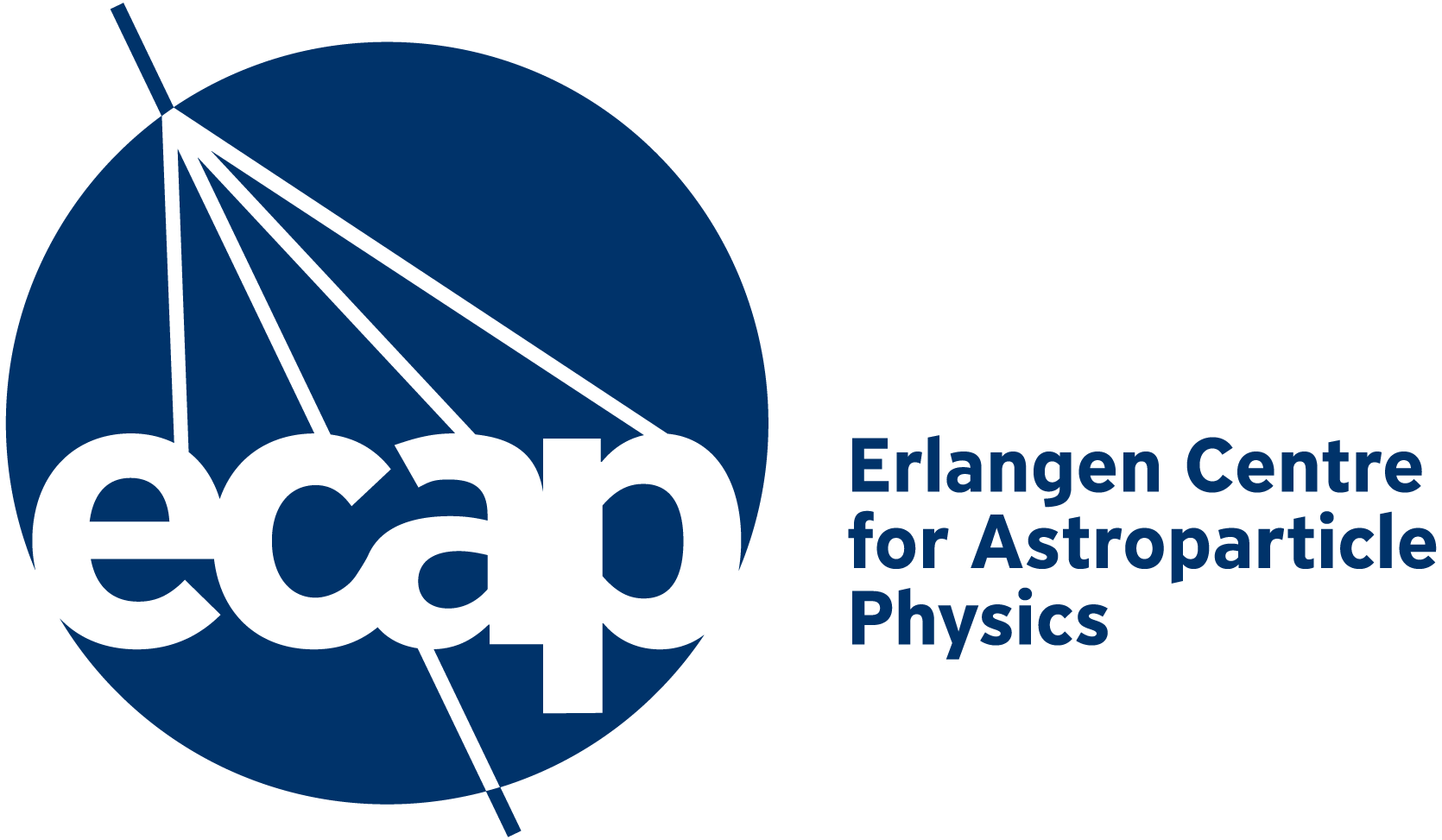Radio Detection
Radio detection of Neutrinos
Neutrino induced particle showers in ice create a measurable radio pulse above PeV (10^15 eV) energies. At these energies our current knowledge of the astrophysical neutrino flux as detected with IceCube ends.
Larger detectors are needed in order to measure the small flux of neutrinos. Since radio waves have a much larger attenuation length than light in ice, one can build a radio detector with large spacing between antennas in the ice and thereby cover volumes of hundreds of cubic kilometers at reasonable instrumentation cost.
 The Radio Neutrino Observatory Greenland (RNO-G) will show the first large scale implementation of this technology: 35 stations (see figure) will be constructed on roughly 40 km^2 at Summit Station on top of 3000 km of ice.
The Radio Neutrino Observatory Greenland (RNO-G) will show the first large scale implementation of this technology: 35 stations (see figure) will be constructed on roughly 40 km^2 at Summit Station on top of 3000 km of ice.
In Erlangen hardware for the amplification chain of RNO-G is constructed and there is a continuous development of software tools to reconstruct the elusive radio signals.
RNO-G will test technology that is of immediate relevance for the radio array of IceCube-Gen2, which is to be built at South Pole as successor to IceCube.
and other particles
The Erlangen radio neutrino group is also still involved in the radio detection of air showers with the large radio telescope LOFAR (and preparatory work for the Square Kilometer Array SKA) and the radio detection of lightning signals.
For more information see:
